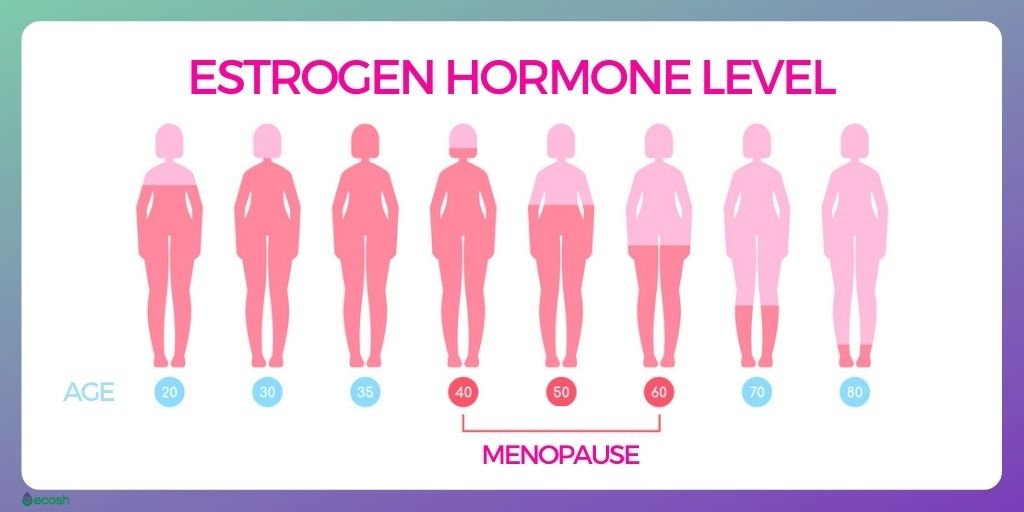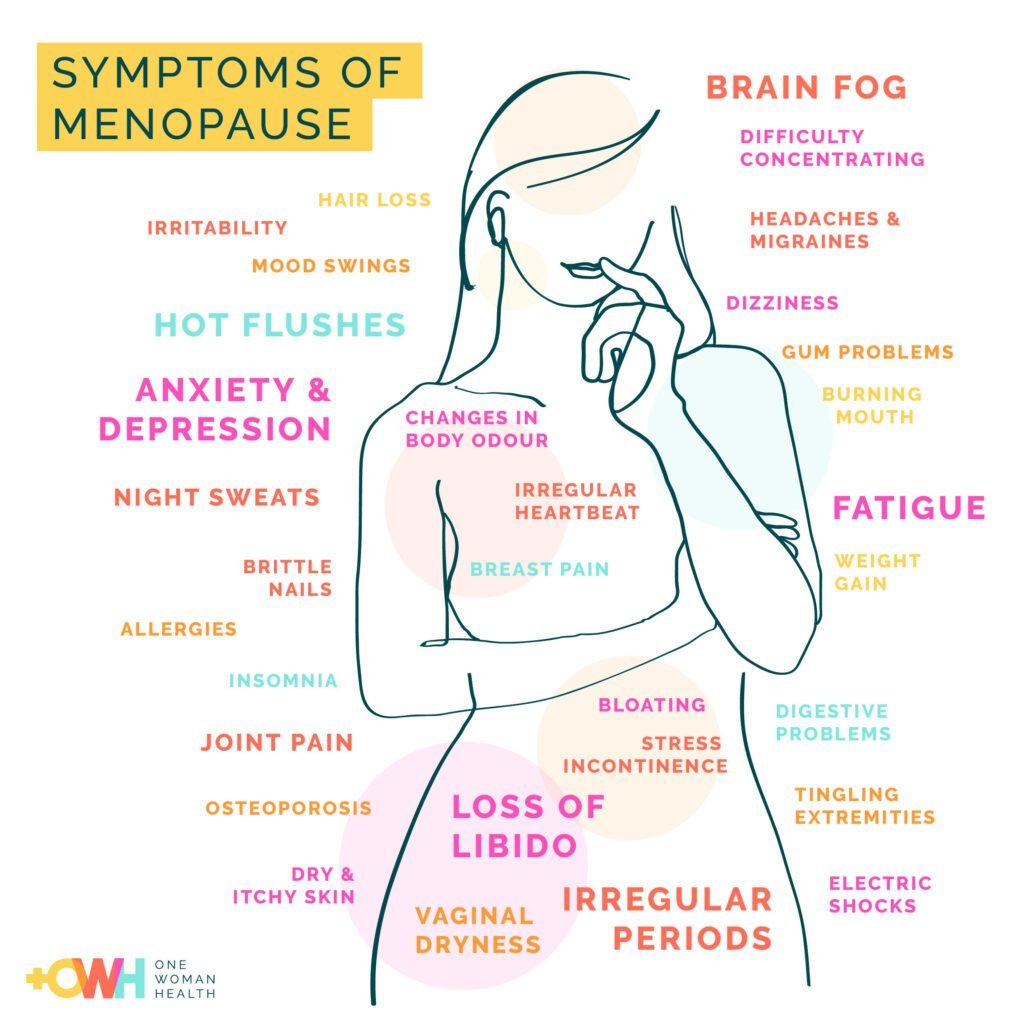This week sees the annual World Menopause Day take place on 18 October. The Institution of Occupational Safety and Health (IOSH) has taken this opportunity to renew its call for employers to create supportive environments where people feel comfortable discussing menopause.
World Menopause Day is an internationally recognised event. It was established in 2009 by the International Menopause Society in collaboration with the World Health Organization (WHO). The theme for 2024 is Menopause Hormone Therapy, known in the UK as Hormone Replacement Therapy.
IOSH is also reminding companies that they have a legal obligation to support workers.
Dr Karen Michell, an occupational health specialist at IOSH, said: “Menopause often has physical, mental and emotional effects on employees, which affects their ability to cope with work. Despite this, very few workplaces and managers are knowledgeable on how to address work-related menopause issues and the preventive role that occupational health and safety can play.”
IOSH is encouraging employers to approach menopause in the workplace with a holistic view, providing effective management practices, practical support and the adoption of an open workplace culture for those experiencing symptoms.
Dr Michell noted that this approach is more effective than solely focusing on superficial initiatives, such as the development of a specific policy on menopause, in terms of employee support and welfare.
Menopause is a natural physical change that usually happens to women between the ages of 45 and 55. Women reach menopause after 12 months without a period and it’s the end of the reproductive years.
Lasting two to 10 years, perimenopause and menopausal transition come before reaching menopause. Women often experience unpleasant symptoms during this time.
About one in 100 women experience an earlier menopause. Reasons for this can include chemotherapy and other medicines, or surgery.
Common symptoms
There are more than 30 symptoms linked to menopause that can impact work ability. Not everyone going through menopause experiences all symptoms. They often come and go and can be affected by the type and intensity of work.
- Physical
- Psychological
- Headaches
- Hot flushes
- Increased blood pressure and risk of cardiovascular diseases
- Osteoporosis
- Palpitations
- Reduced muscle mass
- Reduced sex drive
- Sleep problems and night sweats
- Stiff joints, aches and pains
- Urinary tract infections
Symptoms can cause a reduced ability to learn new tasks, difficulty paying attention to detail and poor memory. This can affect work productivity and quality.
14 million working days lost per year due to menopause in UK (Source: Office for National Statistics (ONS) survey)
Menopause and the workplace
Women’s health issues, such as menopause, can be under-recognised in workplaces. A menopause-friendly workplace means employers need to address physical, mental and social factors.
Women’s negative experiences and perceptions of menopause and work reflect that they:
- believe management labels them as weak, incompetent, unstable and depressed
- lack support in helping them cope with symptoms
- need to use annual leave or rest days to cope with their symptoms
- fear embarrassment, stigmatisation and discrimination when talking to managers and asking for adjustments
- reduce their working hours or leave employment to cope with their symptoms.
Positive impacts on working ability can come from a supportive work culture where women:
- feel they are heard and can express their concerns
- have better supervisor support
- believe management pay attention to women’s health issues
- can adopt flexible working hours and hybrid working models.
Creating a supportive workplace
Employers should look at these areas to support workers-
- Age and gender-specific policies and procedures
- Training and awareness
- Age and gender-specific health risk assessments
- Health-focused culture
- Work clothing
- Physical work environment
- Psychosocial risks
Endocrine disruptive chemicals
Exposure to endocrine disruptive chemicals, such as those in some cleaning products, may be a risk factor for early menopause. Organisations should conduct assessments for all chemicals on site. Control of substances hazardous to health (COSHH) assessments are needed in the UK.
Make sure the health hazards of each chemical are identified and controls put in place. Provide access to occupational health services for workers.
If you require any further advice regarding Menopause in the workplace please contact The HR Team…











